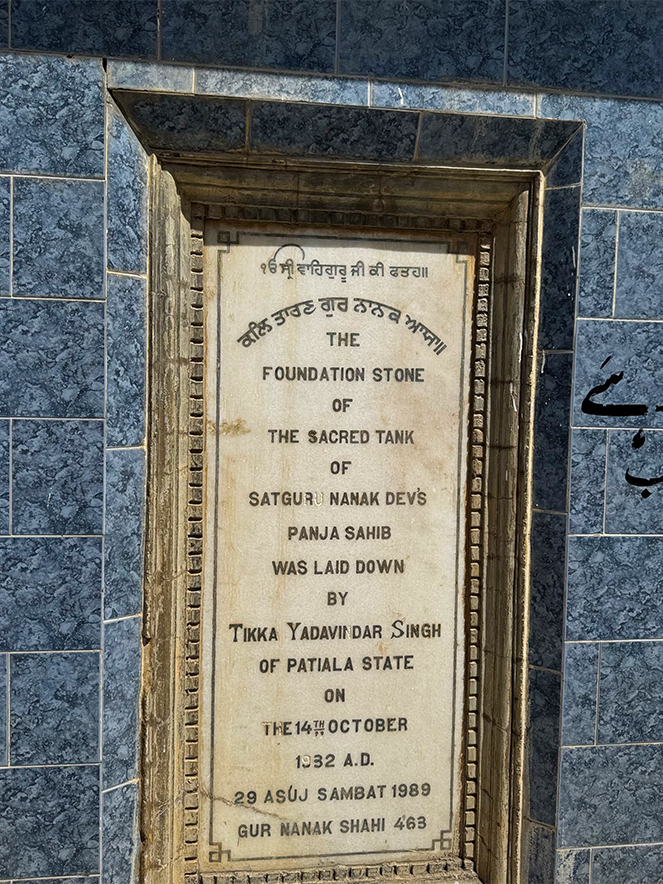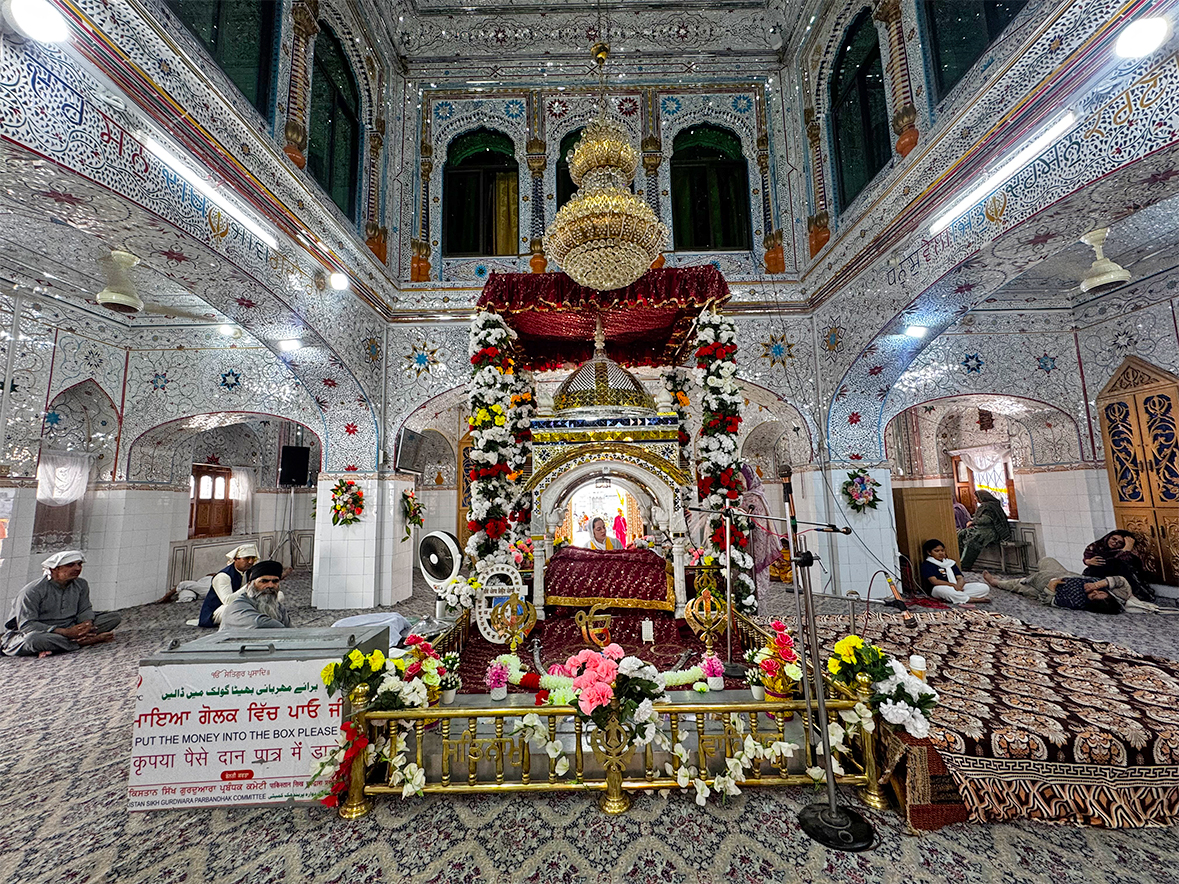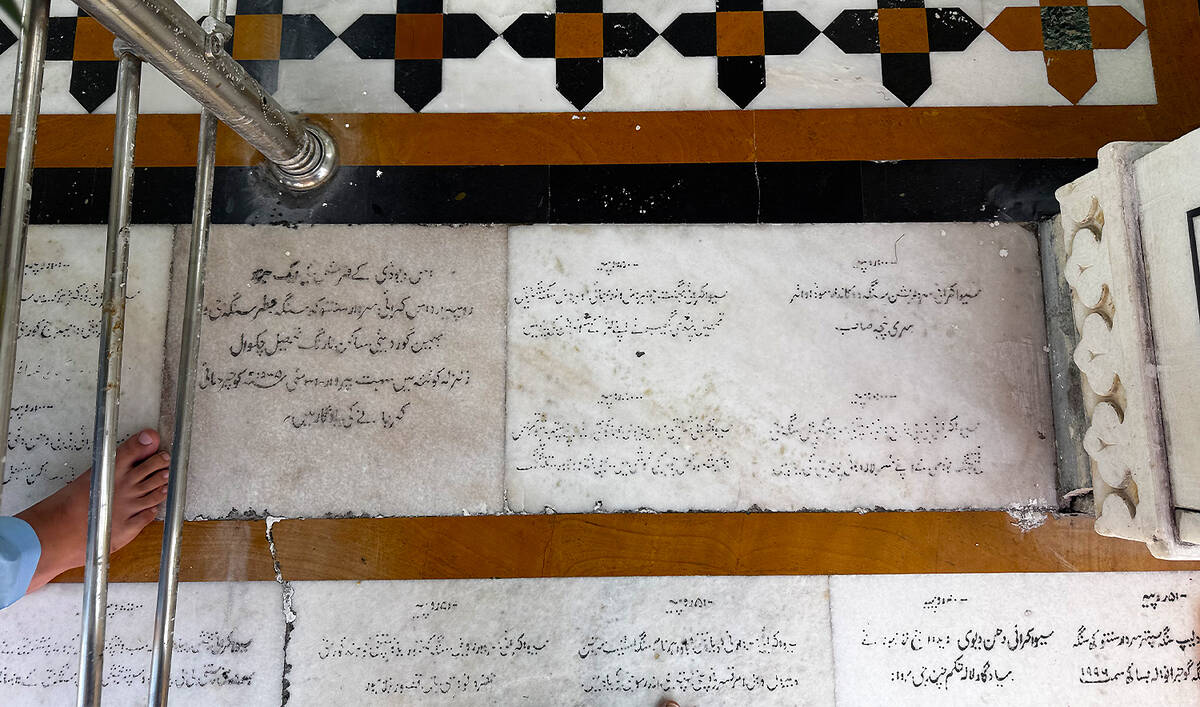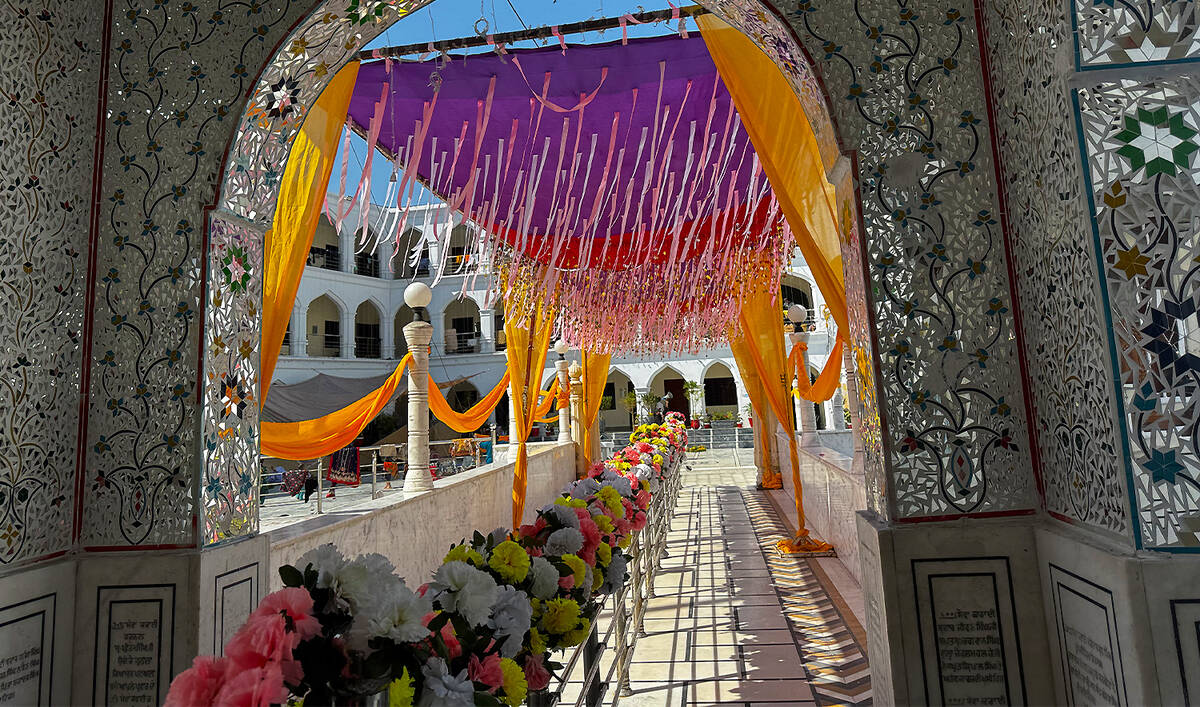An AI strategy for workforce empowerment

https://arab.news/bv53u
Most companies today are streamlining workflows and strengthening their competitive edge with artificial intelligence. They know preparation is critical to staying ahead in the rapidly growing AI-powered digital economy, both locally and globally.
Around the world, corporate investments in AI have skyrocketed from $14.57 billion in 2013 to $189 billion in 2023 — a 13-fold increase, according to WisdomTree, a global asset manager specializing in exchange-traded funds.
In Saudi Arabia, the AI market was valued at $1.52 billion in 2023 and is projected to reach $9.33 billion by 2030, BlueWeave Consulting reports.
Yet, many businesses aiming to become “AI-enabled” overlook a key lesson from Saudi Arabia’s national AI strategy: successful transformation requires more than just technology.
Under Vision 2030, Saudi Arabia has prioritized the industry through its National Strategy for Data and AI, fostering investments, favorable policies, and workforce development to create a thriving ecosystem.
At LEAP 2025, the Kingdom’s flagship tech conference, AI-related projects worth $14.9 billion were signed on the first day alone. These included international partnerships to bring cutting-edge capabilities to Saudi Arabia.
This while showcasing its innovations such as the Saudi Data and AI Authority’s ALLaM, a series of large-language models in Arabic.
The government has also launched initiatives including the Generative AI Academy, offering training programs in collaboration with NVIDIA to equip the workforce with essential skills.
Recognizing that technology alone is insufficient, Saudi Arabia emphasizes empowering people to fully harness AI’s potential.
The government recognizes that AI leadership requires more than just adopting or developing technology. To be effective, the workforce must be equipped with the right mindset and skills to harness its full value.
This lesson resonates with businesses today. When the internet became widely available in 1999, its potential was undeniable — yet many Saudi businesses hesitated.
By 2001, more than 1 million Saudis were online, but fax machines remained common in offices, according to the Communications, Space & Technology Commission. Organizations were slow to trust and adopt the internet as a core business tool.
Today, AI represents a pivotal moment of transformation. While businesses have access to AI tools, many struggle to move beyond the planning or pilot phase.
This highlights a key truth: even with immense potential, technology’s value can only be unlocked with the buy-in and drive of people. If Saudi Arabia’s current and future workforce is not aware of AI’s potential or comfortable using it collaboratively, the Kingdom risks falling behind.
Over the years, business owners have often asked me, along the following lines: “Why won’t my team use the new AI tool we’ve invested in?”
Employees must view AI as a tool that enhances their work — not one that replaces them. Without this foundation, AI initiatives risk resistance and underutilization.
Hatem S. Al-Mandeel
My response is always: “Do your people know what the tool does and how they’re allowed to use it?” The answer is often hesitant: “I assume so, but I’ll need to check internally.”
If the answer is not an immediate yes, there is a problem. AI can feel disruptive or unwelcoming to employees — just as the internet once did. In many cases I have encountered, employees are not even aware AI is being discussed at work.
This brings me to my first piece of advice: build a clear AI mission statement and communicate it often. Clarity and repetition are crucial for gaining internal support. Employees need to understand not just what AI adoption means for the business but why it matters and how it impacts their roles.
However, a mission statement alone is not enough. The next step is building awareness and foundational skills. Employees must view AI as a tool that enhances their work — not one that replaces them. Without this foundation, AI initiatives risk resistance and underutilization.
My final advice: identify AI advocates within your workforce. These individuals exist in every organization and thrive when their curiosity and skills are recognized. They can play a vital role in driving AI education and adoption from within.
One business owner I spoke with recently discovered his team members were not using an AI tool simply because they did not know it could help with daily tasks. After bringing in Tyde.AI for awareness training, usage increased significantly.
The path forward for Saudi Arabia businesses is clear: the rise of the AI-powered digital economy presents an opportunity for the Kingdom to become a global leader.
To achieve this, businesses must learn from national initiatives — AI transformation is not just about adopting technology; it is about empowering people to extract its full value.
If you are defining your AI strategy or concerned about its impact, start by enabling your workforce with awareness and skills.
• Hatem S. Al-Mandeel is the managing director and co-founder of Tyde.AI.





























